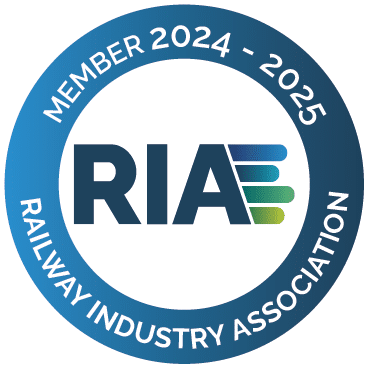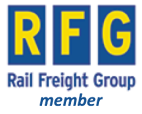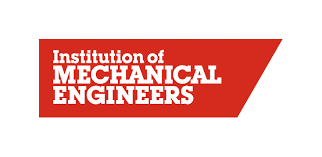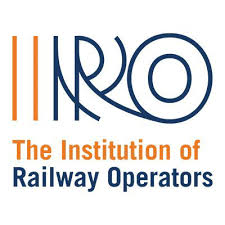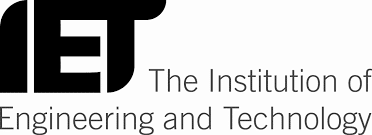Rail First technical due diligence
DIF Capital Partners
Amber Infrastructure
The overview
Rail First Asset Management (Rail First) is an Australia-based provider of rolling stock solutions including locomotive and wagon leasing, rolling stock overhaul and repair, and wagon manufacturing.
As part of a competitive process for the acquisition of Rail First, DIF Capital Partners and Amber Infrastructure required a technical advisor to carry out Technical Due Diligence (TDD) for their joint bid. IPEX was retained to provide TDD for the Binding Offer (BO) phase.
- Technical Due Diligence
- Fleet analysis
- Fair Market Valuation (FMV)
- Asset inspections
- Future investment requirements
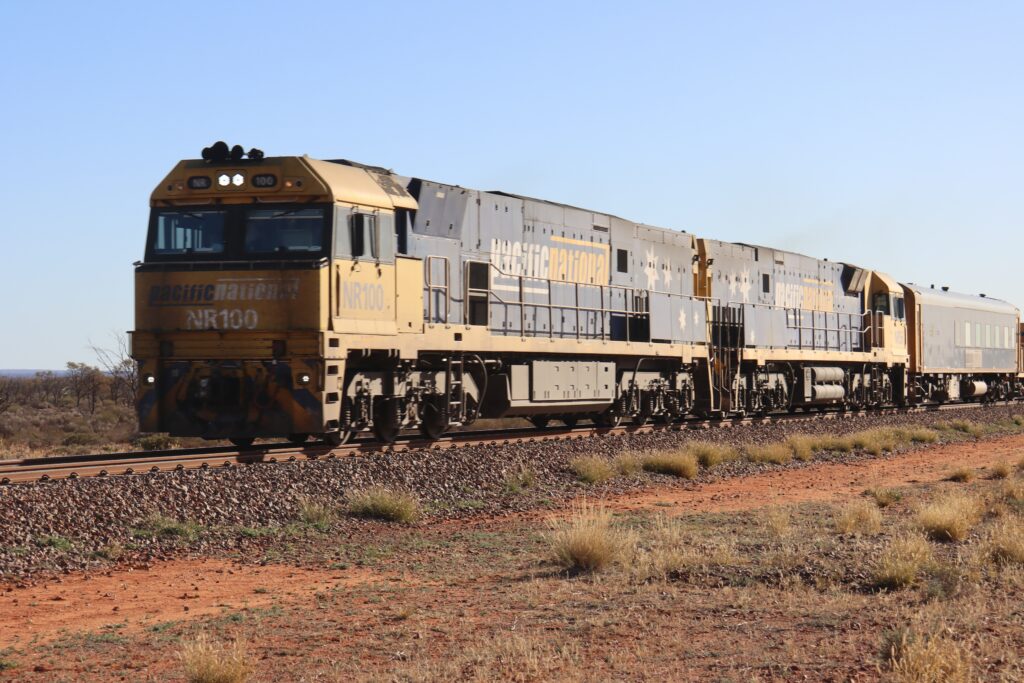
Our client's challenge
Rail First operates out of two depot sites in Goulburn, New South Wales and Islington, South Australia and provides three separate workstreams of locomotive and wagon leasing, rolling stock maintenance and wagon manufacturing.
Since its acquisition by Anchorage Capital Partners (ACP) in 2019, Rail First had grown its revenue and portfolio significantly through investing in new wagons and process improvements. The businesses total asset porfolio included:
- 70 locomotives of 8 types ranging from 10 to 69 years since entering service
- Approximately 1200 wagons of 26 types ranging from brand new to 60 years since entering service
- Two depot sites under long term leases
DIF and Amber required an evaluation of the technical risks and opportunities associated with acquiring Rail First, including valuations of all 1300 assets. Sample asset inspections were required to verify the condition of the rolling stock and adherence to maintenance processes to provide investor confidence, and ensure what is detailed on paper is supported by what is reflected in reality.
The response
IPEX mobilised a focussed team with commercial and technical expertise in each of Rail First’s service areas. Our team of consultants integrated themselves within the wider due diligence team ensuring interfaces and dependencies between each workstream were identified and managed appropriately.
Our engineers provided a comprehensive analysis of the locomotive and wagon fleet profiles, looking at characteristics including age, reliability, availability, and fungibility. Alongside this we carried out a review of the maintenance systems in place including procedures, overhaul planning, IT systems and supplier dependency. Our evaluation of the manufacturing business was structured around the long term strategy whilst considering a number of key inputs, such as manufacturing processes and staff, and intellectual property.This joined up approach allowed us to identify and quantify risks in each area to provide investors with a clear view of the business assets and the required investment profile moving forward.
Multiple site visits were carried out through Rail Confidence to inspect rolling stock assets and facilities to verify the vendor materials, including compliance to maintenance plans and records. The high utilisation of the fleets meant our asset inspections were carried out at Rail First’s client sites, with permission from the clients.
Our expertise in rolling stock valuations allowed us to carry out Discounted Cash Flow (DCF) and Depreciated Replacement Cost (DRC) valuations for the entire portfolio of 12 locomotive and 26 wagon types. This required our team to provide a lease rate analysis which would typically fall outside the scope of TDD.
The value to the client
Our comprehensive validation of and challenge to the vendor materials, asset valuations, and asset inspections were summarised in a technical DD report and delivered to the clients in line with the short project deadlines.
DIF and Amber successfully gained approval from their own separate investment committees and a broad base of Lenders to successfully agree the acquisition of Rail First from ACP. The acquisition puts the joint infrasture funds in a strong position for the expected growth in freight traffic from the development of Inland Rail. As the country’s only domestic manufacturer of freight wagons the potential increase in demand provides a solid foundation for growth.



